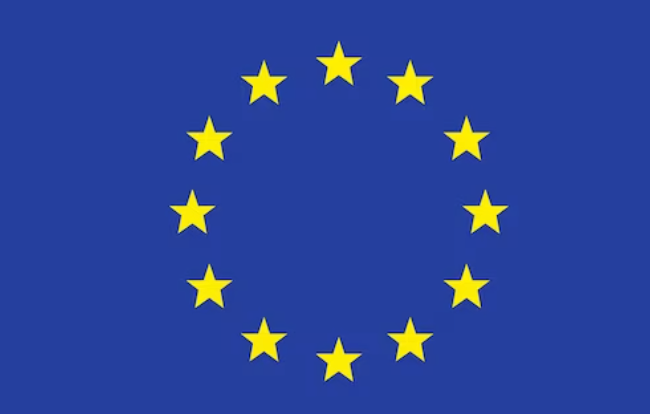$BAYN $NTR $CF
#Europe #Russia #Fertilizer #Agriculture #EnergyCrisis #Commodities #Markets #Economy #SupplyChain #Sustainability #EU #Inflation
In an effort to reduce dependence on Russian fertilisers and support sustainable agricultural practices, the European Commission is expected to approve the increased use of Renure, a nutrient-rich fertiliser derived from manure. This measure is aimed at mitigating the economic impact of rising fertiliser prices caused by geopolitical tensions and trade restrictions, particularly following the EU’s sanctions on Russian exports. Europe’s fertiliser market has been severely impacted by the reduction in supplies from Russia, one of the world’s largest exporters of nitrogen and potash-based products. By turning to locally produced alternatives such as Renure, European policymakers hope to stabilise agricultural production costs while improving food security across the bloc. The move is also expected to benefit farmers who have struggled with soaring input costs amid broader inflationary pressures in the economy.
Agricultural and chemical companies, including major fertiliser producers such as Germany’s Bayer ($BAYN), Canada’s Nutrien ($NTR), and U.S.-based CF Industries ($CF), stand to be affected by this policy shift. Traditional fertiliser manufacturers that have heavily relied on natural gas as a feedstock face both challenges and opportunities. While demand for conventional fertilisers could soften as Europe integrates Renure more widely, companies focusing on sustainable practices and bio-based alternatives may gain a competitive edge. Moreover, EU leaders are eyeing long-term strategies to disentangle Europe’s agricultural sector from external supply vulnerabilities, a move that could reshape the region’s agrochemical market and impact global fertiliser trade dynamics. Investors will be closely monitoring policy developments for potential shifts in demand patterns, cost structures, and profitability across the industry.
The transition towards manure-based fertilisers reflects broader trends in global commodities and sustainability efforts. As energy and raw material costs remain volatile, businesses and governments are increasingly looking for ways to enhance efficiency and reduce reliance on imports. Russia’s dominance in the fertiliser market has historically given it considerable leverage during geopolitical conflicts, and Europe’s diversification efforts will likely drive further innovation in domestic production technologies. In addition to enhancing agricultural resilience, the potential approval of Renure is expected to align with the EU’s Green Deal initiative, which seeks to lower greenhouse gas emissions and promote a circular economy. However, regulators will need to ensure that Renure applications meet environmental safety standards, balancing the need for cost reductions with responsible land management and waste utilisation.
Market analysts anticipate that any policy enabling the expanded use of Renure could influence European agricultural commodity prices, particularly in the grain and livestock sectors. If manure-based fertilisers can effectively replace imported Russian alternatives without significant yield losses, farmers may benefit from lower-cost inputs, potentially stabilising food prices. On the other hand, a rapid transition without carefully managed implementation could introduce supply chain inefficiencies and short-term volatility in the fertiliser and agricultural markets. Currency fluctuations, trade policies, and global energy prices will continue to play a crucial role in shaping the financial landscape for fertiliser producers and agricultural stakeholders alike. Investors and policymakers will be closely watching how the EU balances environmental goals with economic imperatives in this strategic industry shift.











Comments are closed.